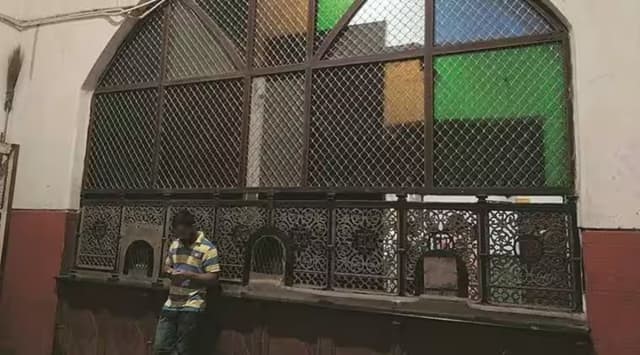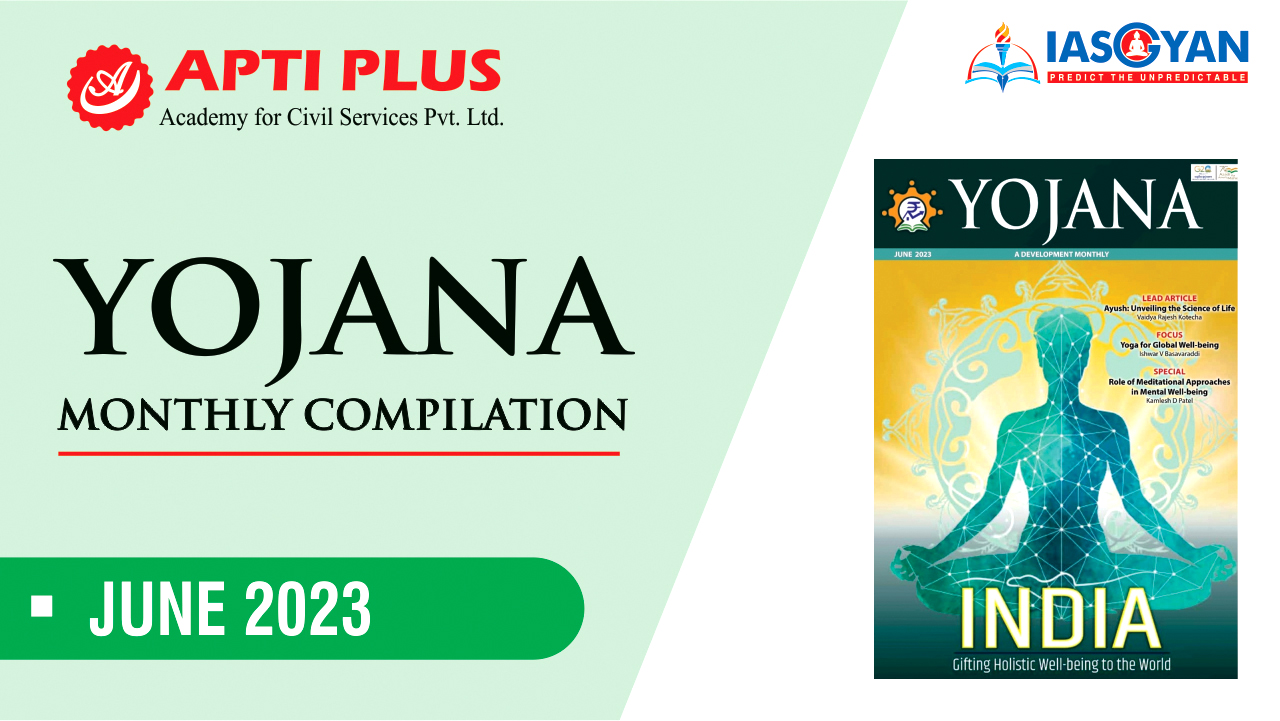Description

Disclaimer: Copyright infringement not intended.
Context
- UNESCO’s Asia Pacific Cultural Heritage award for Byculla Station was presented to Railway Minister Ashwini Vaishnav.
Details
UNESCO Award Recognition
- The historic Byculla Railway Station, located in Mumbai received the prestigious UNESCO Asia Pacific Cultural Heritage award.
- The recognition came after the station underwent extensive restoration work, bringing it back to its original glory.
- The UNESCO award was declared in November of the previous year, highlighting the station's significant contribution to cultural heritage conservation.

Initiators of Restoration Work
- The restoration work of the Byculla Railway Station was undertaken by 'I Love Mumbai,' an NGO.
- Collaborating with the NGO were heritage conservation architect Abha Lamba and Minal Bajaj of Bajaj Trust, both instrumental in partnering with 'I Love Mumbai' for the conservation project
Byculla Railway Station: A Historical Landmark
Oldest Railway Station in India Still in Use
- The Byculla Railway Station holds the distinction of being one of the oldest railway stations in India that is still in operation.
- With a history dating back 169 years, the station stands as a testament to the rich heritage of India's railway system.
Grade-I Heritage Structure
- Designated as a Grade-I heritage structure, Byculla Railway Station holds immense architectural and historical value.
- This status emphasizes the importance of preserving the station's original design and features for future generations to appreciate and learn from.
Other Heritage Railway Stations in Mumbai
- Alongside Byculla Railway Station, Mumbai boasts several other railway stations of historical significance that are included in the city's heritage list.
- These stations include the iconic Chhatrapati Shivaji Maharaj Terminus, Western Railways Headquarters Building (Churchgate), Bandra railway station, and Reay Road railway station, each contributing to the city's cultural heritage.
- Chhatrapati Shivaji Maharaj Vastu Sangrahalaya (CSMVS) also won the highest award of excellence in the UNESCO Asia Pacific awards 2022, for cultural heritage conservation last year, when Byculla railway station was given the recognition.
Historical Significance of Byculla Railway Station
- Inauguration and Evolution of Byculla Station
- Byculla Railway Station was one of the original stations inaugurated when the Bombay–Thane railway commenced operations in April 1853.
- Originally constructed as a wooden structure, it was later rebuilt as a stone structure in 1857.
- The station continued to evolve over the years, ultimately adopting its present form in June 1891.
- The First Locomotive and Its Operations
- The historical significance of Byculla Railway Station is intertwined with the arrival of the first locomotive in Mumbai in 1852.
- The locomotive, named Lord Falkland after Bombay's then governor, was stationed near Byculla in a grove purchased from a landlord, William Phipps.
- This locomotive played a crucial role in early shunting operations and marked the beginning of railway transportation in the city.
UNESCO Asia-Pacific Awards for Cultural Heritage Conservation
Recognizing Efforts in Heritage Conservation
- UNESCO Asia-Pacific Awards for Cultural Heritage Conservation, introduced in 2000, aim to acknowledge outstanding achievements in conserving or restoring heritage structures, places, and properties within the region.
- The awards recognize the role of both private sector entities and public-private collaborations in safeguarding cultural heritage sites.
Special Recognition for Sustainable Development
- In 2020, UNESCO added a Special Recognition for Sustainable Development to the awards criteria.
- This inclusion highlights the important contribution of cultural heritage conservation in promoting sustainable development practices and preserving cultural heritage for the benefit of current and future generations.
Objectives of the UNESCO Project
- Promoting Heritage Conservation Practices: One of the primary objectives of the UNESCO project is to identify and promote exemplary practices in heritage conservation across the Asia-Pacific region. By showcasing successful initiatives, the project seeks to encourage more widespread adoption of effective conservation techniques.
- Facilitating Exchange of Research and Professional Practice: The project aims to foster improved exchange of research and professional practices related to heritage conservation. By encouraging collaboration and knowledge-sharing among heritage practitioners, the project strives to enhance the overall effectiveness of conservation efforts.
- Capacity Building in Heritage Conservation: The UNESCO project focuses on building capacity in heritage conservation using exemplars and standards from the UNESCO Awards for Cultural Heritage Conservation. By providing training and educational opportunities, the project aims to empower professionals and the public to actively participate in protecting and promoting cultural heritage.
- Improved Engagement of Youth in Protecting Cultural Heritage: Engaging youth in cultural heritage conservation is a vital aspect of the project. Through an apprenticeship program and other initiatives, young individuals can learn from experienced heritage practitioners and become advocates for preserving cultural heritage for future generations.
- Improved Knowledge Management of Asian Heritage: The project seeks to enhance knowledge management of Asian heritage, including regional best practices from the UNESCO Awards for Cultural Heritage Conservation. By using various media formats like video, online platforms, and print materials, the project aims to disseminate valuable information to a broader audience.

MUST READ ARTICLES:
https://www.iasgyan.in/daily-current-affairs/unesco-18
|
PRACTICE QUESTION
Q. Which of the following statements about the Byculla Railway Station and the UNESCO Asia Pacific Cultural Heritage award is/are incorrect?
1.Byculla Railway Station received the UNESCO Asia Pacific Cultural Heritage award in 2020.
2.The restoration work of Byculla Railway Station was undertaken by the NGO 'I Love Mumbai,' in partnership with heritage conservation architect Abha Lamba and Minal Bajaj of Bajaj Trust.
3.Byculla Railway Station is the oldest railway station in India and holds a Grade-I heritage structure designation.
Options:
A.Only statement 1 is incorrect.
B.Statements 1 and 2 are incorrect.
C.Statements 2 and 3 are incorrect.
D.All the statements 1, 2, and 3 are incorrect.
Answer: A
|
https://indianexpress.com/article/cities/mumbai/byculla-railway-station-gets-unescos-asia-pacific-cultural-heritage-award-8858219/















